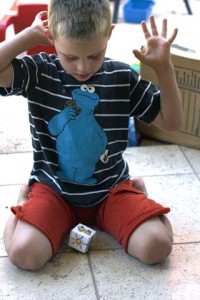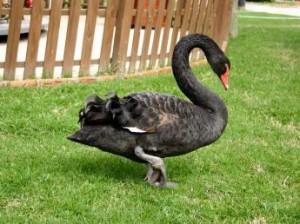Today I’m participating in the Ultimate Blog Swap. You’ll find me posting over at Oak Bay Drive about Living my Dream.
Dream-life is not what I expected, but then, I didn’t know what to expect.
At the same time, I’m pleased to welcome focused mama-of-three, Erin, from Royal Baloo to Untangling Tales. I’m excited about her visit because Erin is one of those moms who thinks about specific means to reach her parenting and teaching goals. She’s sharing some of those ideas today, specifically related to my heart-mission of storytelling.
Reading aloud to our children is a very important task – something we are told over and over again! But did you know that storytelling is also a very important skill to learn? It teaches kids to be creative and spontaneous. Stories made up on-the-fly can teach kids about the world around them. And it’s so much fun!
I have 3 boys (5, 3, and 1) and I’ve found that they love being told stories, but they don’t enjoy the process of making up stories nearly as much. So I try to tell them stories often. I tell them about my childhood, my dreams, stories from history that I can remember, and their personal favorite, very silly and completely made-up stories.
However, I really want them to participate in the creative part! I’ve started trying out a few new methods to encourage them.
1. Story Dice.
I’ve found a nice set on Amazon, but there are plenty of free printable options as well. Roll the dice and turn the pictures into a story! I find these kinds of activities particularly fun because I can’t rely on my standard set of characters or locations. Many of my stories start off with “Once upon a time a little boy ran into the forest” but with the story cubes I am forced to be a bit more creative.
2. Story starters.
Who doesn’t love a good story starter to help them out of a slump, or just any old time? I always liked the idea of having a story idea worked out and just filling in all the details.
3. Create new endings to your favorite stories.
I think the is the most fun because it’s kind of like breaking the rules. Try to get your kids to think of a different ending for one of their favorite books. What if the main character didn’t apologize, or what if they didn’t get caught?
4. Silly sentences.
Being as young as they are, my boys love silly things. Elephants with mice on their heads and people who walk upside down are just hilarious! So I love to indulge them with silly sentences. Sometimes we fill in mad-libs, sometimes they shout out words, and sometimes we just deliberately make silly sentences. Either way, a silly sentence can turn into quite a fun (and silly) made-up story!
Erin is a stay-at-home, homeschooling mother to her three crazy and energetic sons. In her spare time she loves to create and be crafty, whether it be sewing, knitting, or photography. She shares her homeschooling adventures and ideas at Royal Baloo.
Visit Life Your Way to see all of the Ultimate Blog Swap participants!







